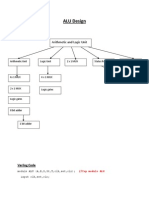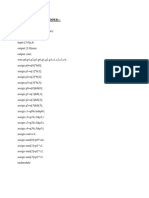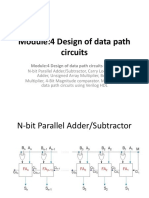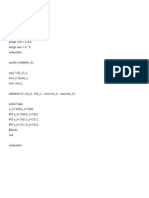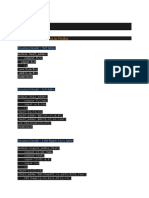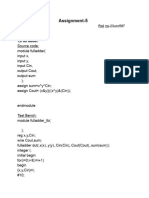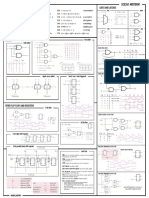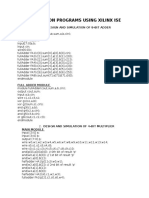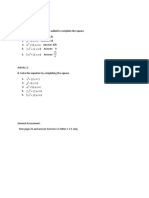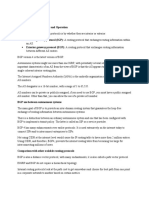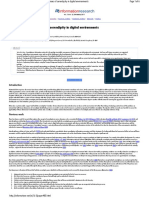0% found this document useful (0 votes)
25 views4 pages2022 Scheme Verilog Programs
The document contains various Verilog modules for digital circuits including D flip-flops, SR flip-flops, JK flip-flops, a four-bit adder, a four-bit multiplier, a mod-N counter, and an ALU. Each module is accompanied by a testbench for simulation purposes. The code snippets illustrate the functionality and testing of these digital components in a VLSI lab setting.
Uploaded by
Geethanjali RCopyright
© © All Rights Reserved
We take content rights seriously. If you suspect this is your content, claim it here.
Available Formats
Download as PDF, TXT or read online on Scribd
0% found this document useful (0 votes)
25 views4 pages2022 Scheme Verilog Programs
The document contains various Verilog modules for digital circuits including D flip-flops, SR flip-flops, JK flip-flops, a four-bit adder, a four-bit multiplier, a mod-N counter, and an ALU. Each module is accompanied by a testbench for simulation purposes. The code snippets illustrate the functionality and testing of these digital components in a VLSI lab setting.
Uploaded by
Geethanjali RCopyright
© © All Rights Reserved
We take content rights seriously. If you suspect this is your content, claim it here.
Available Formats
Download as PDF, TXT or read online on Scribd
/ 4















